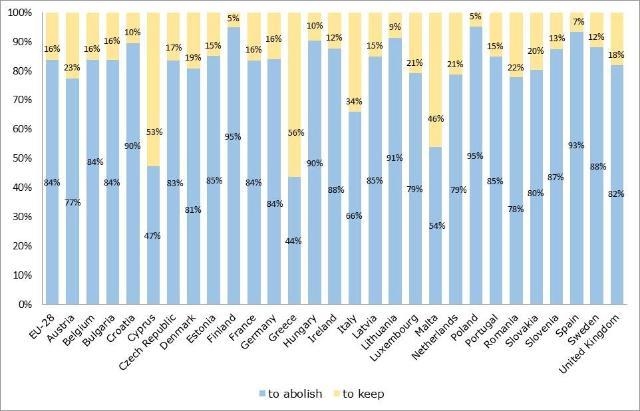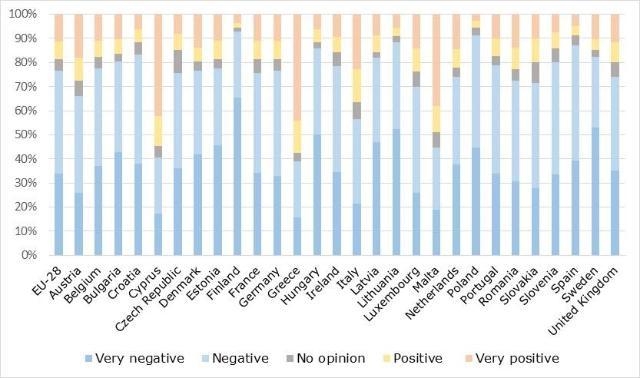Mergers: Commission clears acquisition of sole control of Wind Tre by Hutchison, subject to conditions
Commissioner Margrethe Vestager, in charge of competition policy, said: “Today’s decision confirms that the structural remedies accepted by the Commission in order to clear the creation of Wind Tre in 2016 were effective. They have not only preserved but also incentivised competition in the mobile telecommunications market in Italy. It is important to ensure full implementation of those remedies so that Italian consumers can continue to enjoy high quality mobile services at fair prices.“
Commission 2016 decision clearing creation of Wind Tre
Wind Tre was created in 2016 from the combination of the activities of VimpelCom’s (now VEON) subsidiary WIND with those of Hutchison’s subsidiary H3G, respectively the third and fourth largest operators in the Italian retail mobile market.
In its in-depth review of the 2016 deal, the Commission assessed concerns that the creation of Wind Tre would have reduced competition in the Italian retail mobile market and hampered the ability to compete of mobile virtual network operators (mobile operators that use other operators’ network infrastructure to offer their services).
The Commission cleared the 2016 transaction because its concerns were fully addressed through effective structural remedies offered by Hutchison and VimpelCom. In particular, these remedies allowed the market entry of the French telecommunications operator Iliad as a new mobile network operator in Italy. The implementation of these remedies is still ongoing.
The Commission’s competition concerns and the proposed remedies
In July 2018, Hutchison agreed to acquire sole control over Wind Tre. The Commission has reviewed this new deal. It found that, other than the creation of Wind Tre and the entry of Iliad on the market, no significant change has occurred in the competitive landscape of the Italian mobile markets compared to that assessed in 2016. The Commission concluded that the new transaction does not alter the existing competitive situation resulting from the first transaction, and no additional competition concerns have been identified.
However, the 2016 conditions are still being implemented and the Commission concluded that, should this cease to be the case, the new transaction would raise the same concerns identified by the Commission in the 2016 clearance decision.
To address these concerns, Hutchison has offered to assume full responsibility for complying with the commitments submitted jointly with VimpelCom (now VEON) in 2016. This relates in particular to the completion of spectrum transfer and site divestment and to the implementation of the national roaming agreement until Iliad’s network is fully rolled out. VEON will be released from any further obligations as it will no longer have control over Wind Tre.
The proposed remedies are consistent with the Commission’s practice in previous cases and appear to be the most appropriate solution based on the results of the Commission’s investigation. The Commission concluded that the proposed transaction, as modified by the commitments, would no longer raise competition concerns. The decision is conditional upon full compliance with the commitments.
Companies and products
Hutchison is a multi-national conglomerate headquartered in Hong Kong, active in five core businesses: ports and related services, retail, infrastructure, energy and telecommunications. The telecommunications division includes interests in mobile and fixed operations in Austria, Denmark, Ireland, Italy, Sweden and the United Kingdom.
Wind Tre is a provider of fixed and mobile telecommunications services in Italy.
Merger control rules and procedures
The Commission has the duty to assess mergers and acquisitions involving companies with a turnover above certain thresholds (see Article 1 of the Merger Regulation) and to prevent concentrations that would significantly impede effective competition in the EEA or any substantial part of it.
The vast majority of notified mergers do not pose competition problems and are cleared after a routine review. From the moment a transaction is notified, the Commission generally has 25 working days to decide whether to grant approval (Phase I) or to start an in-depth investigation (Phase II).
More information will be available on the competition website, in the Commission’s public case register under the case number M.9041.

